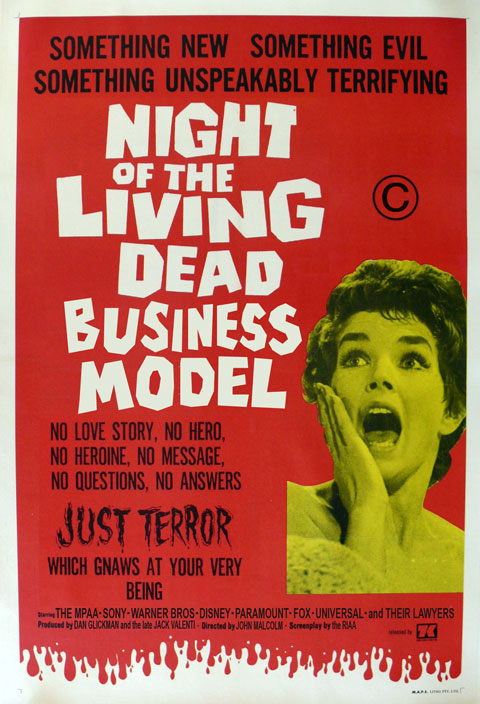This is inspired, and makes me love everyone. (Thank you for the tip, Eric!)
Category: art
High Res “Sita” Stills, wiki

Big ol’ hi-res “Sita” PNGs now at archive.org! They’re suitable for print publication.
More coming, as I get time to deal with everything. Whenever that is.
Speaking of which, does anyone want to help make the “Frequently Asked Interview Questions” part of the Sita FAQ? This would involve going through all the interviews I’ve done about Sita Sings the Blues (a few are linked to here, the rest need to be googled), determining which questions are asked over and over again, and consolidating the answers based on what I’ve already said. If I tackle it now that’ll mean another day I don’t get to the new DVD packaging and other tasks I have to do myself. We’ve got a wiki; I’m still learning how to use it, but feel free to start a FAQ there with a brand new FAQ section. Thanks!
Night of the Living Dead Business Model
I’ll be speaking Wednesday February 11 @TOC
The Open-Source Coffee Table Book: Publishing Pop Culture in the Digital Age
Nina Paley (Nina Paley Productions, LLC)
5:25pm Wednesday, 02/11/2009
Keynote
Location: Broadway North (6th Floor)
New York Marriott Marquis Times Square
1535 Broadway
Official blurb:
Why should techies have all the fun? The few publishers to embrace open content focus primarily on technical books. But an increasing number of artists and pop culture creators are seeking alternatives to copy restricting their works. What works for Cory Doctorow’s science fiction can also work for graphic novels, art and coffee table books. Unfortunately, publishers that historically specialize in popular culture – many of which are subsidiaries of the same media conglomerates pushing DRM and extending copyright enforcement – are unwilling to pursue the open-source model. Will existing open-source publishers expand into pop culture to exploit this niche? Will new publishers emerge to serve both pop culture markets and artists?
I’m making a power point (excuse me, keynote) presentation and everything.
Lloyd Kaufman Defines Media Consolidation
Lloyd Kaufman, Chairman of the IFTA, delivers a speech on media consolidation and the dangers it poses to independent art.
Her Morning Elegance
I can’t get this song out of my head, nor this beautiful animation out of my mind’s eye:
Read all about how this video was made here.


